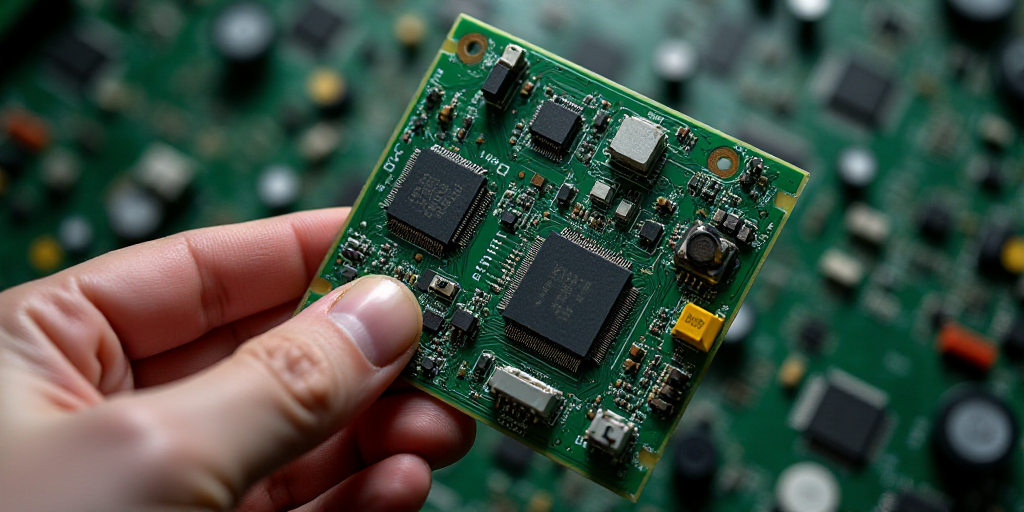Overview and Key Figures
South Korea reported its highest-ever semiconductor export figures in September, according to official data released on Wednesday. Despite facing pressure from U.S. tariffs and other restrictions, the country’s chip exports surpassed $16.6 billion, marking a more than 20% increase compared to the same month in 2024, as per data from the Ministry of Industry.
Driving Forces Behind the Growth
The growth was primarily fueled by high demand for HBM (High Bandwidth Memory) chips, crucial for artificial intelligence servers. Additionally, South Korea’s automotive exports also performed well, with sales increasing to $6.4 billion—the highest figure ever recorded for September.
- HBM chips are essential for AI server performance.
- Automotive exports reached record highs in September.
Impact on Total Exports
Thanks to the strong performance of these industries, South Korea’s total exports reached $65.9 billion, the highest level in 42 months.
Regional Distribution of Exports
Exports increased to all significant regions, except for South Korea’s primary trading partner, the United States. U.S. exports fell 1.4% year-on-year to $10.27 billion, weighed down by President Donald Trump’s tariffs on steel, automobiles, and machinery.
- South Korea initially faced a 25% tariff but negotiated it down to 15%.
- U.S. tariffs negatively impacted South Korean exports to the United States.
Key Questions and Answers
- What drove the record-breaking semiconductor exports in September? High demand for HBM chips used in AI servers and strong automotive exports contributed to the growth.
- How did South Korea’s total exports perform in September? Total exports reached $65.9 billion, the highest level in 42 months.
- Which regions saw an increase in exports, and which one did not? Exports increased to all significant regions except the United States, where they fell 1.4% year-on-year.
- What was the initial tariff imposed on South Korea, and how was it negotiated? South Korea initially faced a 25% tariff but successfully negotiated it down to 15%.






